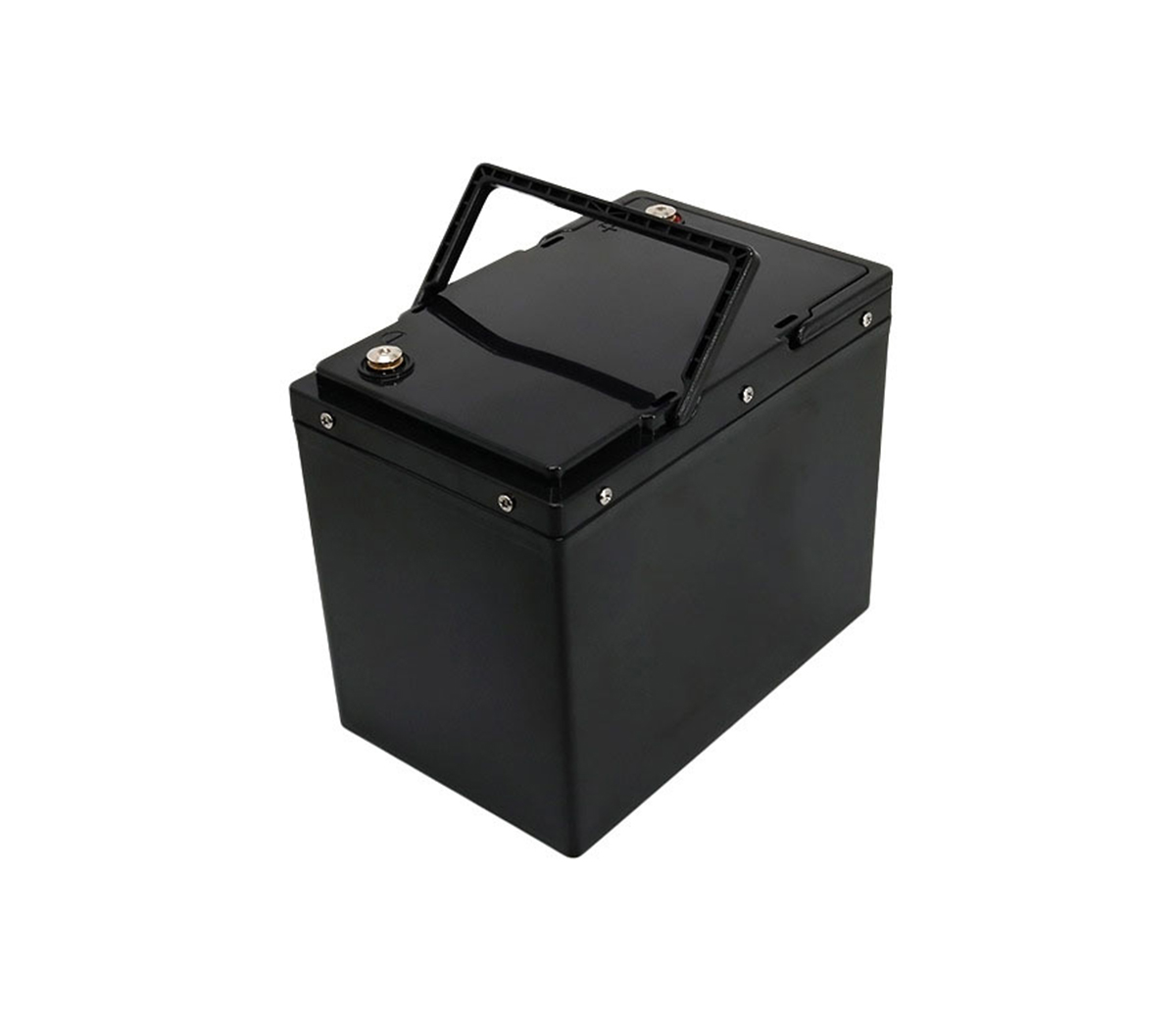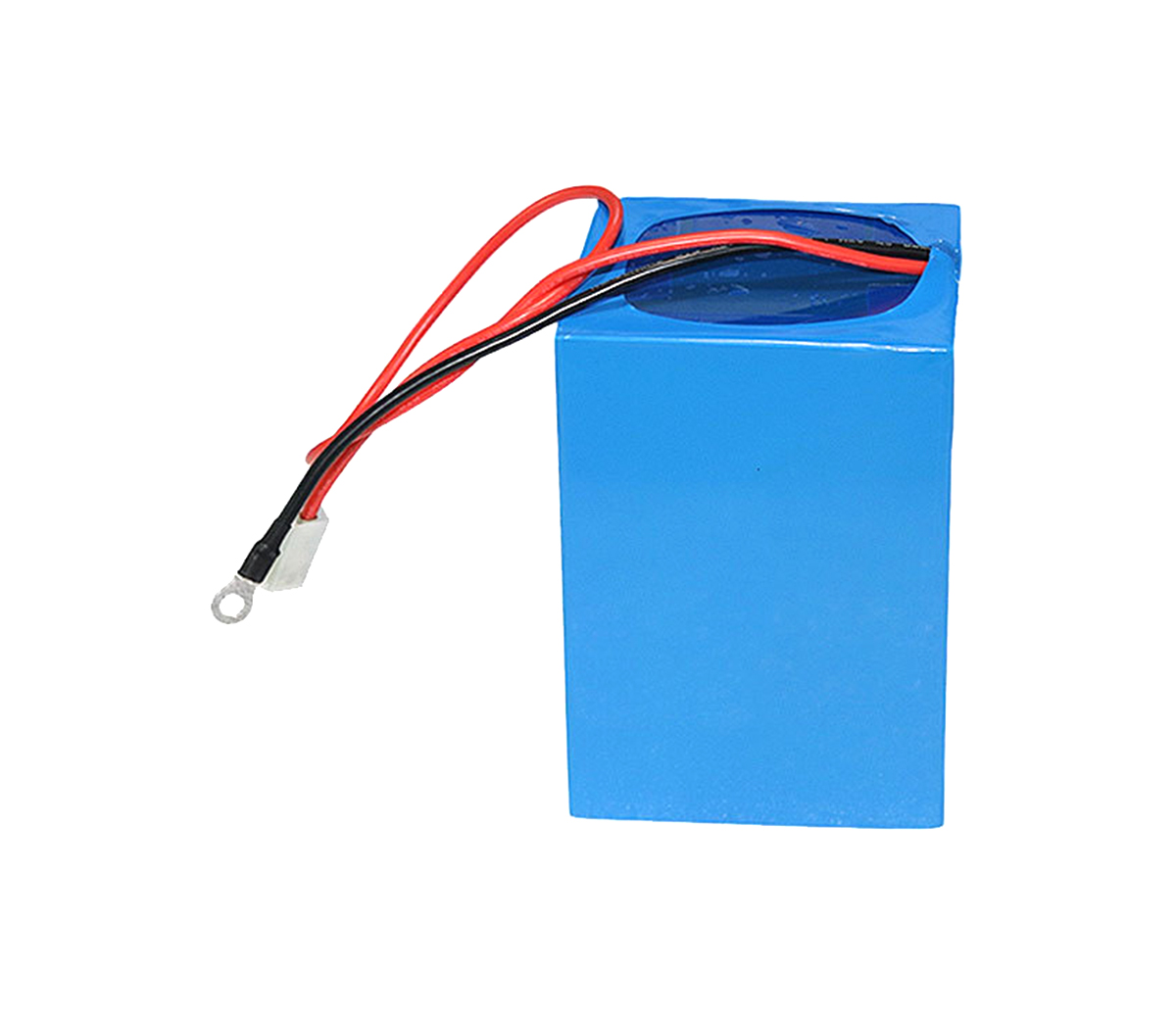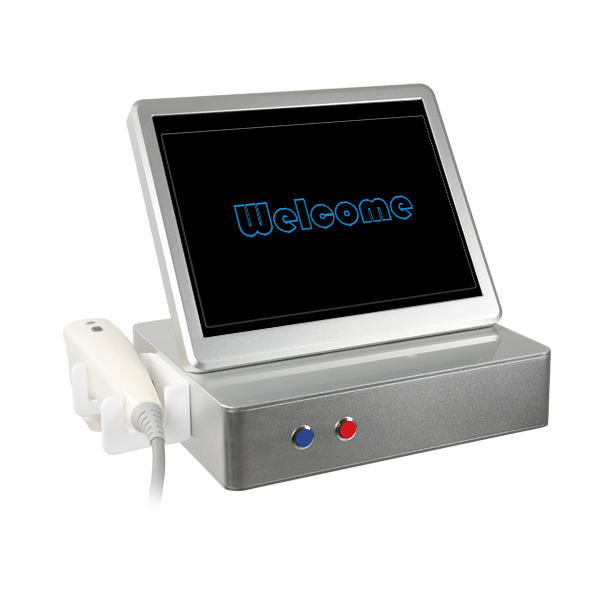Tesla's energy storage products
Tesla is an industry leader that SES Power highly respects and pays
attention to, and we have learned very useful knowledge and perspectives from
Tesla. The average consumer thinks Tesla is just ahead of its time in the EV
industry, but Elon Musk has long insisted that Tesla is more than just an
automaker and that Tesla is trying to become a more important energy storage
Suppliers, both in the home sector and in the grid sector.
"Over time, we think demand for stationary storage will be at least as high
as demand for vehicles," Musk said at the company's annual shareholder
meeting.
A: Home market
In the home segment, Tesla is trying to connect it with Apple's hardware
ecosystem, which tends to push people who already buy to buy more. This is a
very forward-looking and smart choice, as AI will be the core driving force of
all electronic products in the near future.

Today, a trio of key Tesla products: electric cars in the driveway, solar
panels or the Tesla Solar Roof, and home batteries called Powerwalls in the
garage (or possibly outside) are widely available on the market.
For a long time, the market price of electricity has been high, and car
charging means that household electricity bills have risen sharply, so the cost
of electricity is also the primary consideration for household expenses. But
solar could ease some of that payment, and Musk estimates that a two-car
household would see its electricity needs double if it swapped two gasoline cars
for an electric one. Therefore, Tesla launched the Powerwall energy storage
system to ease the pressure of rising electricity costs for the household
electricity market. To date, the company has installed more than 250,000 units
worldwide.
B: battery energy storage field
In the face of global pressure to be carbon neutral, battery storage for
renewable energy is an attractive option for utilities. In the San Francisco Bay
Area, for example, PG&E Corp. and Tesla built the 182.5-megawatt Elkhorn
battery storage system at a utility substation near Monterey Bay, which is
capable of powering about 136,500 homes for several hours.

Tesla's utility-scale battery offering is a modular system called the
Megapack, which starts at about $1.4 million for a container-sized 0.8MW
battery, according to the company's website. Musk's team is building a factory
in Lathrop, California's Central Valley, to begin mass-producing Megapacks.
C: virtual power plant
Connecting homes to the grid is a so-called virtual power plant pilot
project by Tesla that allows customers of the three major California utilities
to send electricity back to the grid when demand is high.
Tesla participants so far have a total of 42MW of batteries — enough for
about 31,500 homes, according to the California Public Utilities Commission. In
Texas, the company was recently approved to sell electricity directly to
consumers and is building an energy trading team to market batteries to
wholesalers.
The biggest benefit of virtual grids to real grids is to gradually
transform traditional centralized energy supply into distributed energy supply,
which can enable the grid to have higher risk resistance, better power services,
and optimized power costs and prices. .
D: challenge
Energy storage has become another trend of corporate investment in the new
energy field. In the booming energy storage market, its development is bound to
face many challenges, as is Tesla. Such as its battery capacity and technology,
the labor market for qualified electricians is tight. These will or may
repeatedly delay its development in the energy storage industry.
Meanwhile, Tesla faces stiff competition from large industrial
conglomerates and established rooftop solar and battery installers such as
Sunrun Inc.
This is unavoidable, because under the influence of the global epidemic and
the global economic downturn, in the foreseeable future, there will be only a
handful of industries or projects with huge development potential, and the new
energy and energy storage markets are just one of them. This will naturally
attract many manufacturers and capital. SES Power focused on this market as
early as ten years ago, and launched a number of lithium battery energy storage
products, including home energy storage products similar to PowerWall.




































